Experts
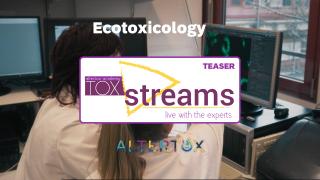
Expert interviews
HealthToxicology
Ecotoxicology explained - interview by TOXstreams
Toxicology is a complicated area where you have to figure out if a chemical is safe for the entire human population? Well, some researchers in this field go even beyond, and instead of studying the safety of substances on “just” people, they focus on any living being on the whole planet. In this TOXstreams interview ecotoxicologists Dr Adam Lillicrap from the Norwegian Institute for Water Research and Dr Kristin Schirmer from the Eawag Science and Technology and co-founder of aQuaTox Solutions GmbH Solutions will explain what and how they do this. Click on the link in the video to watch the whole interview.
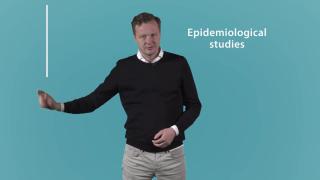
Expert interviews
Toxicology
How do we use human data in risk assessment
In this video, EFSA explains how they do risk assessment and what the role of NAMs can be in this process.
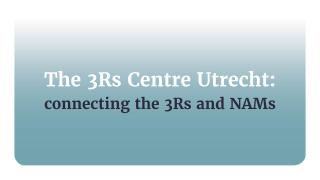
Expert interviews
Innovation
The 3Rs Centre Utrecht: connecting the 3Rs and the NAMs
This animation of the 3Rs Centre Utrecht shows the differences, but also the similarities, between the 3Rs (Replacement, Reduction, Refinement of animal testing) approach and the NAMs (New Approach Methodologies) approach when trying to replace or reduce experimental animal use.

Expert interviews
HealthInnovationPolicy
Stichting Proefdiervrij: Collaboration is key
At Stichting Proefdiervrij (the Dutch society for the replacement of animal testing) we believe that collaboration is essential for the development and implementation of animal-free models. In this video we introduce a few of the ways in which we, as an NGO, collaborate with researchers to reach our goal: the complete replacement of all test on animals

Expert interviews
HelpathonsPolicy
Monique Janssens: Why we need the Transition towards Animal-free Innovations
Why is there a Transition towards Animal-free Innovations, while we have the 3Rs, including Replacement? Well, there is a difference. Animal experiments should no longer be the golden standard of reference. We should not ask: Is this animal-free method good enough to replace animal experiments? But: What is the research question, and how do I get the best answer, preferably without animals? I know that many researchers are doing this already. But we can do even more! It’s also about involving the full chain of parties, including patients, financers, legislators and companies. That is why the transition movement works with interdisciplinary networks and Helpathons. The transition helps to innovate, to accelerate and to implement. At the same time, there is no need to throw the 3Rs overboard. Actually, we owe applying them to the lab animals of today. But by innovating we can develop even more new practices in research and education that bring about better results for science in less time and often with less costs. Without using animals.

Expert interviews
HealthEducation
Daniela Salvatori, TPI Utrecht: We aim for better science with less animals
Prof. dr. Daniela Salvatori, chair of TPI Utrecht, presents the aims of the local TPI group and invites all who want to share their ideas or questions on the transition towards animal-free innovations to get in touch via uu.nl/tpi.
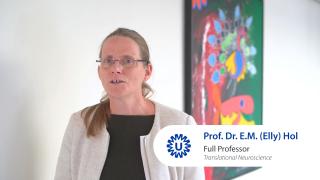
Expert interviews
HealthInnovation
Elly Hol, UMC Utrecht: Choosing the right model for your research question
Prof. dr. Elly Hol (neuroscientist) talks about the opportunities for conducting animal-free research in Utrecht. She explains why it is necessary to use animal models next to cell-based models, for example for her Alzheimer research.
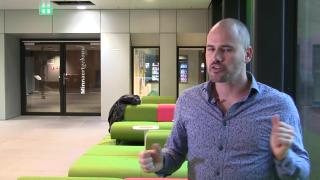
Expert interviews
Education
Glenn Embrechts, European Schoolnet: Reinventing education with project based learning
Skills in Science, Technology, Engineering and Mathematics (STEM) are becoming an increasingly important part of basic literacy in today's knowledge economy. European Schoolnet is at the forefront of the debate on how to attract more people to science and technology to address the future skills gap that Europe is facing. STEM is one of European Schoolnet's major thematic domains. We have been involved in more than 30 STEM education initiatives, financed through European Schoolnet's Ministry of Education members, industry partners, or by the European Union's funding programmes. More information on social media: Social media: https://m.facebook.com/labonderwijs and https://www.instagram.com/lab_gedrevenonderwijs/ .
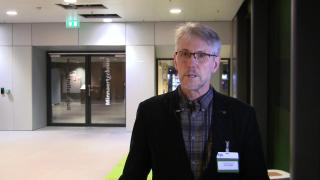
Expert interviews
HealthToxicologyIn vitro
Erwin Roggen, ToxGen Solutions: Applying animal free testing approaches
Erwin Roggen explains his role as pioneer in the development of technologies for animal-free application. His product, ToxGenSolutions, provides test methods required for modern testing and assessment of compounds and products. It builds on a virtual generic platform of leading test and technology developers providing novel technologies addressing key events in adverse outcome pathways.
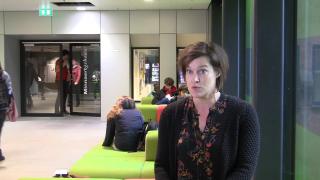
Expert interviews
HealthToxicology
Kirsten Baken, VITO: Human biomonitoring
Kirsten Baken discusses biomonitoring as part of the HBM4EU project (https://www.hbm4eu.eu). Human biomonitoring is an important component for a new way of doing risk assessment, based on human data. Human-based NAMs can also be informative for human biomonitoring. An example of the use of human biomarkers can be found here (https://www.sciencedirect.com/science/article/pii/S0013935119302658).
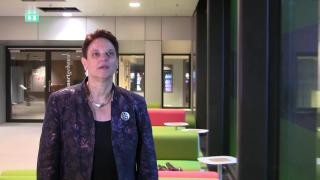
Expert interviews
HealthIn vitroOrgan-on-Chip
Janny van den Eijnden - van Raaij, hDMT consortium: OoC models, a game changing innovation
The Institute for human Organ and Disease Model technologies (hDMT) is a precompetitive non-profit technological R&D institute, initiated in the Netherlands. hDMT integrates state-of-the-art human stem cell technologies with top level engineering, physics, chemistry, biology, clinical and pharmaceutical expertise from academia and industry to develop and valorize human organ and disease models-on-a-chip. More information on: www.hdmt.technology , www.h2020-orchid.eu , and www.euroocs.eu .
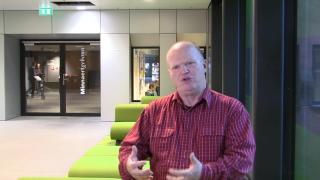
Expert interviews
In silico
Brett Lidbury, The Australian National University: Using machine learning to predict human health
Brett Lidbury is associate professor at the Research School of Population Health of The Australian National University. He applies machine learning to make predictions about health using human big data rather than animal experiments. For more information, go to www.anu.edu.au and search “Lidbury”.